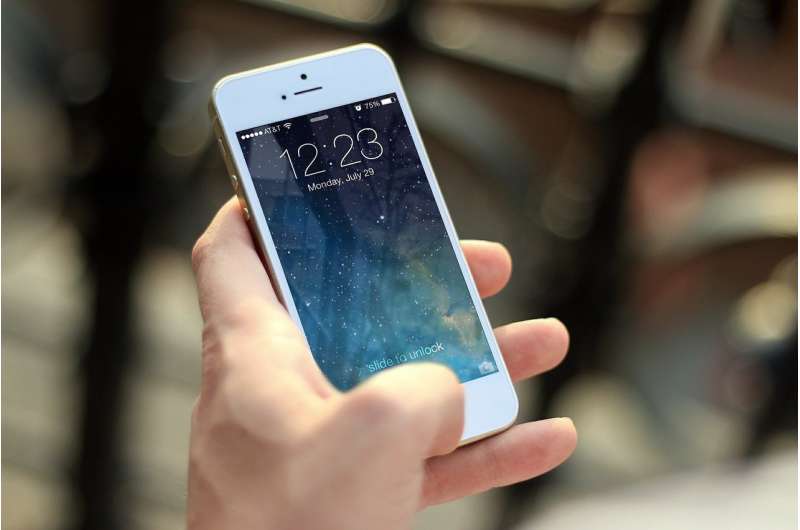Smartphone app prevents disease outbreaks in low-resource settings

A pilot study in which healthcare workers in the Central African Republic used a smartphone app to transmit public health disease reports to health authorities demonstrates that this technique contributes to early detection and prevention of infectious diseases and outbreaks. The study, which is an international cooperation project with researchers at Karolinska Institutet in Sweden and others, is published in the scientific journal Conflict and Health.
Ensuring the availability of complete, timely disease surveillance information in low-resource settings presents many challenges. In the current study healthcare workers, from 21 sentinel clinics in the province of Mambere Kadei in the Central African Republic (CAR), were trained to use a simple smartphone app solution to submit their weekly reports on 20 diseases by SMS during a 15-week period in 2016.
The reports were first received by a server which consisted of a laptop with a local SIM card. They were then compiled into a database on the laptop and all data were displayed on a dashboard, including geographical information on the location of the reported diseases. If a case raised suspicions of one of the diseases, the relevant biological samples were sent to Institut Pasteur in Bangui, the capital city of CAR.
The results were compared to a conventional paper-based surveillance system that was used in the province the year before, and to another conventional system in an adjacent health district at the same time as the study. The app-based data transmission system more than doubled the comprehensiveness and timeliness of disease surveillance reports.
"Our study shows that by using relatively low-cost and simple technology, we are able to accelerate the transmission of data from clinics to the Ministry of Health so that the Ministry can respond quickly. This is of great importance to the general public for its potential of preventing infectious diseases and outbreaks," says Ziad El-Khatib, associate professor at the Department of Public Health Sciences at Karolinska Institutet and lead author of the study.
The researchers also added costing analysis to the study, which is vital information for the possible upscaling of the project.
"We managed to show that this method can be used in a tense, post-conflict, low-resource setting and infrastructure, as is the case in the Central African Republic. The province is the same size as Belgium, which makes these results interesting in the context of possible projects at national level in other countries," says Ziad El-Khatib.
More information: Ziad El-Khatib et al. SMS-based smartphone application for disease surveillance has doubled completeness and timeliness in a limited-resource setting – evaluation of a 15-week pilot program in Central African Republic (CAR), Conflict and Health (2018). DOI: 10.1186/s13031-018-0177-6
















